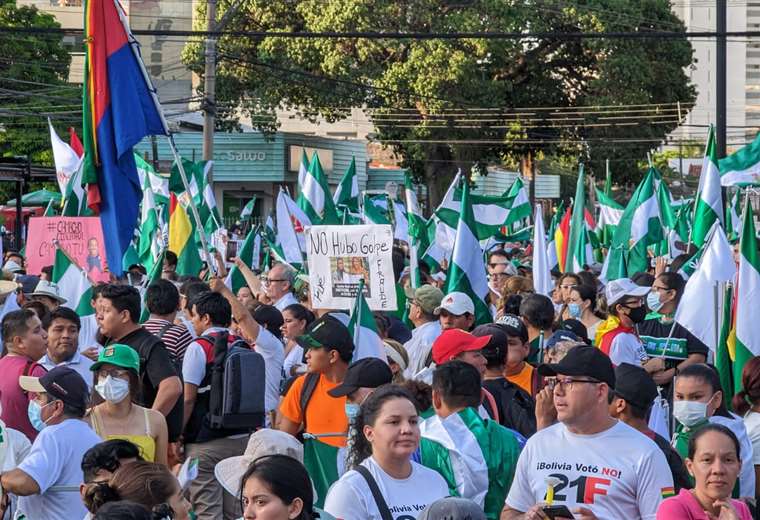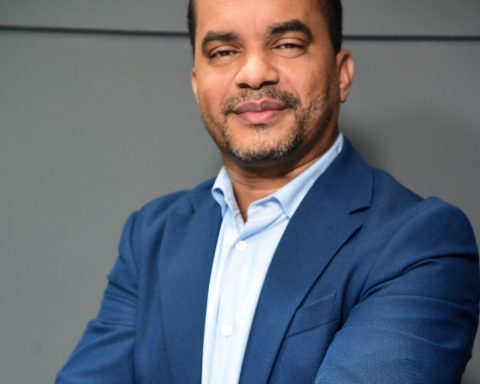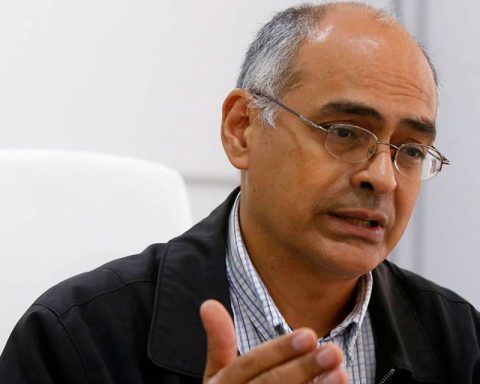January 21, 2023, 11:35 AM
January 21, 2023, 11:35 AM
The Human Right Watch (HRW), an international observatory for human rights, ratified this Saturday its observations regarding the lack of independence in the Bolivian judiciary and regretted that President Luis Arce has not kept his promise to reform it.
“We are very concerned about Bolivian justice and it is something we have been talking about for several years. In the government of Evo Morales, in the transitional government of Jeanine Áñez, and now with President Arce, who promised to reform the justice system and has not done so. He has not had the political will to make that much-needed reform,” said César Muñoz, HRW associate director for Latin America, this Saturday.
Muñoz presented these observations in the weekly program ‘That week’ which is broadcast through EL DEBER Radio. In this way, he encouraged a reform promoted by civil society such as the one proposed by the group of independent jurists.
“For someone who comes to power in Bolivia, justice is very comfortable and given its weakness it can be manipulated; you can influence and that is useful for whoever is in power. The only way to change that is through popular clamor for reform.”he commented in the interview.
In addition, it appreciated that there are reports and technical studies that show the lack of independence of justice in the country, in addition to shortcomings in terms of its effectiveness. in favor of vulnerable sectors, especially in cases of violence against women.
Muñoz recalled, according to the results of the research on gender violence published in The Lancet magazine, thatIn Bolivia, 42% of women suffered violence from their partners or ex-partners and that there is no proper administration of justice in these cases.
“What there has to be is pressure from below, from the people, pressure from political parties, to continue talking about the issue so that there is an incentive to carry out this reform at some point and I hope it will not take long because the situation is very serious”, he said.
Muñoz also considered that the Penal Code should be modified and, in this way, activate actions of independence and internal control in the Judicial Branch, so that judges and prosecutors do not depend on pressure from political power to stay in their positions.
He pointed out that criminal offenses such as “terrorism and genocide” have been used in an “exaggerated” manner and for political purposes, both in the government of Evo Morales, and in that of Áñez and Luis Arce.
“Justice becomes an instrument of those who have power and it is not a question of ideology, it is not that judges and magistrates are supporters of an ideology”, but of the pressure that justice operators feel to remain in their positions.
“They can be fired tomorrow without any justification and that person will be thinking about the scope of their decisions. This lack of security in the post is disastrous and makes the judicial system vulnerable to pressure of all kinds and in Bolivia we have seen the political use of justice,” insisted Muñoz.
He also insisted that a reform must aim at functional and financial autonomy, as this would prevent political actors, even at the mercy of street demonstrations, from influencing judges. “You cannot have political actors saying what the judge has to do, saying that he is punished with certain years. That is the determination of justice and not of a political leader”, he pointed out.

















